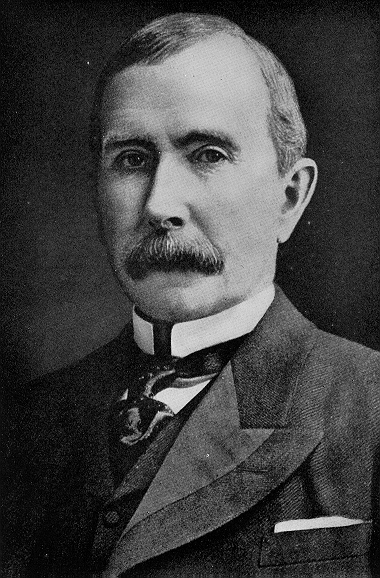
45-883
ENTREPRENEURS AND AMERICAN ECONOMIC GROWTH
4th
Mini, 2000
Graduate School of Industrial Administration
Carnegie-Mellon University
Pittsburgh, PA, 15213
Instructor:
Keith T. Poole
Office:
231F GSIA (new bldg)
E-Mail:
kpoole@ucsd.edu
WebSite: K7MOA Home Page Classroom:
Cooper Auditorium
Time: 6:30PM - 9:30PM Tu